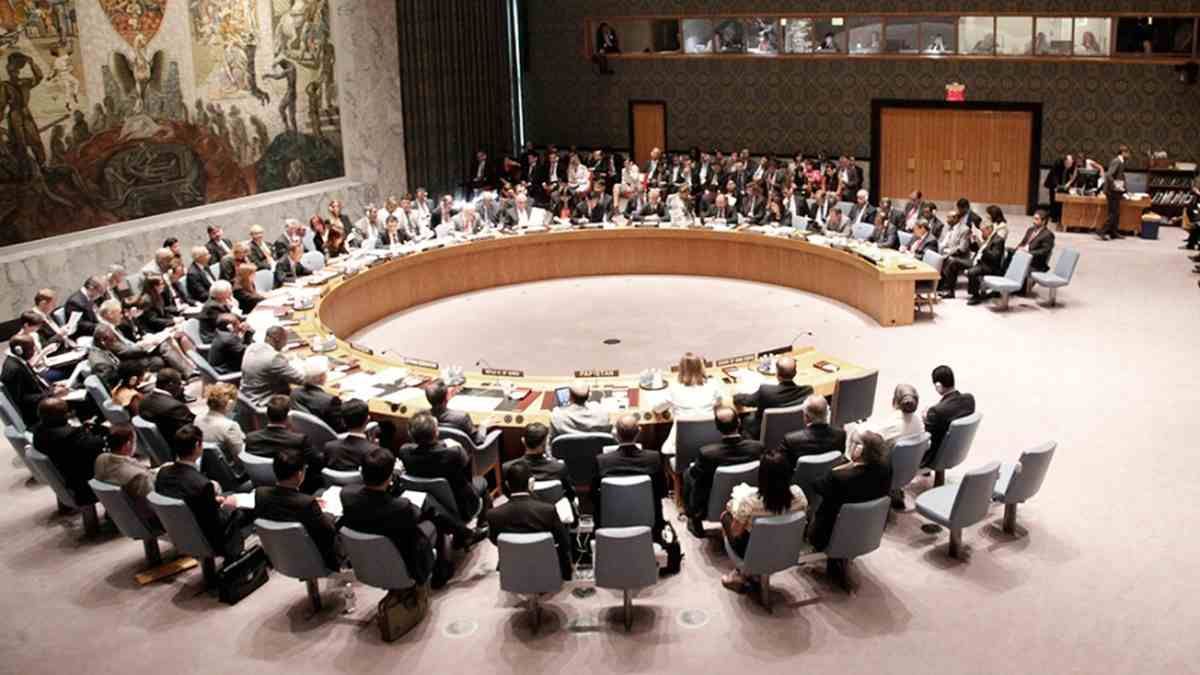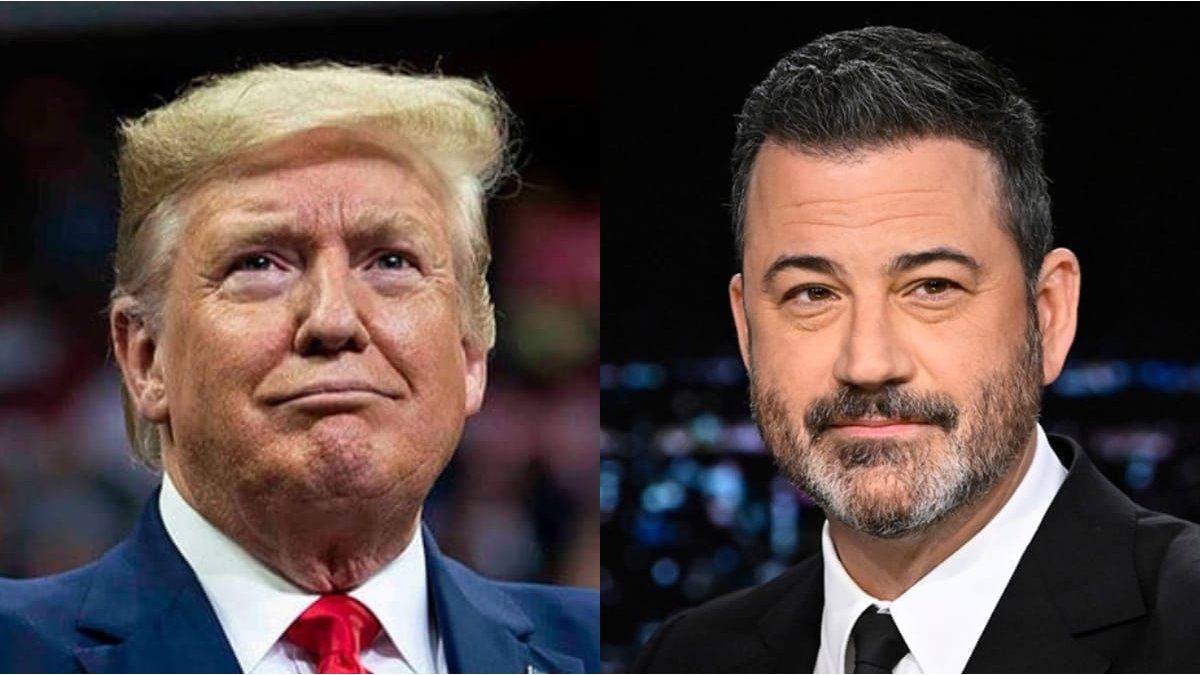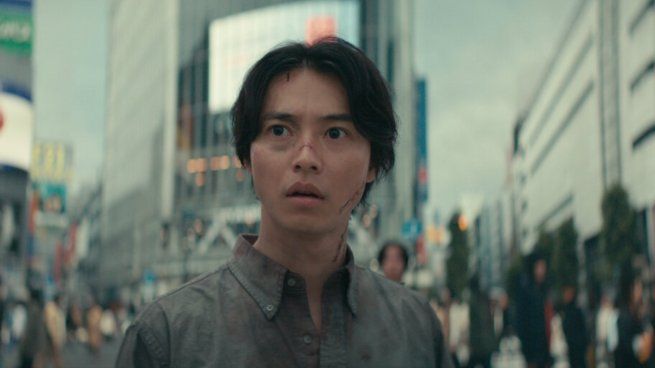In full negotiations with Iran over its nuclear program, the five countries underscored their “Willingness to work with all states to establish a security environment that enables further progress in disarmament, with the ultimate goal of a world without nuclear weapons”, explained the French presidency, which coordinated the work of these States for two years, in a statement.
The five signatory countries, which also have the power of veto in the Security Council, the highest instance of the UN, are the only signatories in the world of the NPT that are authorized to possess atomic weapons, for having tested them before 1967, three years before the entry into force of the pact to prevent the proliferation of weapons of mass destruction of an atomic nature.
“Each of us will maintain and further strengthen our national measures to prevent the unauthorized or unintended use of nuclear weapons,” added the text of the pledge, published a week before negotiations between Russia and the US take place in Geneva on nuclear arms control treaties and on the situation on the border between Russia and Ukraine.
“We affirm that a nuclear war cannot be won and must never be fought,” the five signatory countries pointed out, emphasizing that “as long as there are [las armas nucleares], must be used for defensive, deterrent and war prevention purposes. “
The first to allude to this concept of nuclear war impossible to be won by anyone were the then presidents Mikhail Gorbachev and Ronald Reagan, of the Soviet Union and the United States, respectively, and they did so in Geneva in 1985.
However, “it had never been taken up by the group of five,” said Marc Finaud, an expert on arms proliferation at the Geneva Political Security Center (GCSP).
“They took the lead and agreed to recover that doctrine,” demanded by many countries and civil societies, Finaud added in statements to the AFP news agency.
According to him, the signatories want to “reassure” the people, “to tell the world that all concerns about the risk of nuclear war are unfounded.”
In fact, in recent months there has been no lack of statements about the volatility of world geopolitics, as a result of the tensions between China and the US over Taiwan and the Indo-Pacific; military movements in Ukraine and other crises in the Middle East, devastating consequences of Covid-19.
The UN Secretary General, António Guterres, had sounded the alarm in December from a rostrum.
“Given the storage of more than 13,000 nuclear weapons in arsenals around the world, how long will our luck last?” He asked.
“Nuclear destruction is a sword of Damocles: a misunderstanding or an error of appreciation would suffice to cause not only suffering and death on a frightening scale, but also the end of all life on Earth,” he added.
The NPT, which entered into force in 1970 to prevent the spread of nuclear weapons, is made up of 191 states.
The five signatories are the five states legally recognized as “endowed with nuclear weapons” by the treaty.
Three other countries considered possessors of the atomic bomb, India, Pakistan and Israel, are non-signatories. North Korea, for its part, has denounced the NPT.
These statements also coincided with the negotiations, in Vienna, aimed at revitalizing the 2015 agreement on the Iranian nuclear program, moribund since the US withdrew from it in 2018.
The Russian government of President Vladimir Putin welcomed the agreement in principle and said that it hopes “it will help reduce the level of international tensions,” according to a statement from the Foreign Ministry.
For his part, Kremlin spokesman Dmitri Peskov told Russia’s RIA Novosti news agency that Putin’s government considers it “necessary” for the major nuclear powers to meet at a summit.
The joint statement “will help increase mutual trust and replace competition between the great powers with coordination and cooperation,” said Chinese Vice Foreign Minister Ma Zhaoxu, reported the Chinese news agency Xinhua.
Source From: Ambito
David William is a talented author who has made a name for himself in the world of writing. He is a professional author who writes on a wide range of topics, from general interest to opinion news. David is currently working as a writer at 24 hours worlds where he brings his unique perspective and in-depth research to his articles, making them both informative and engaging.




